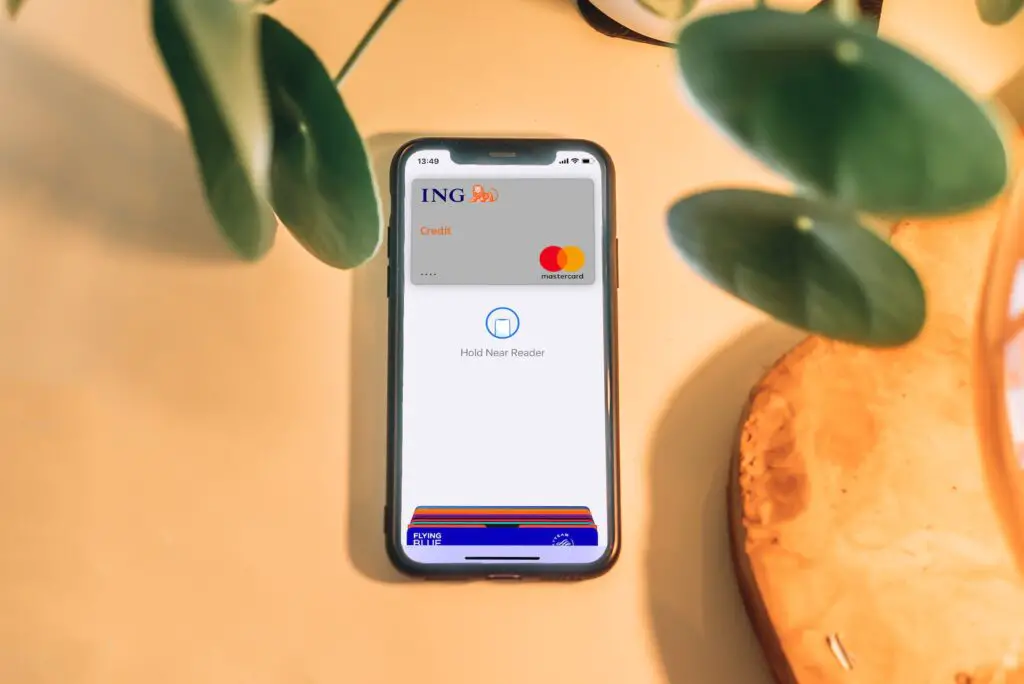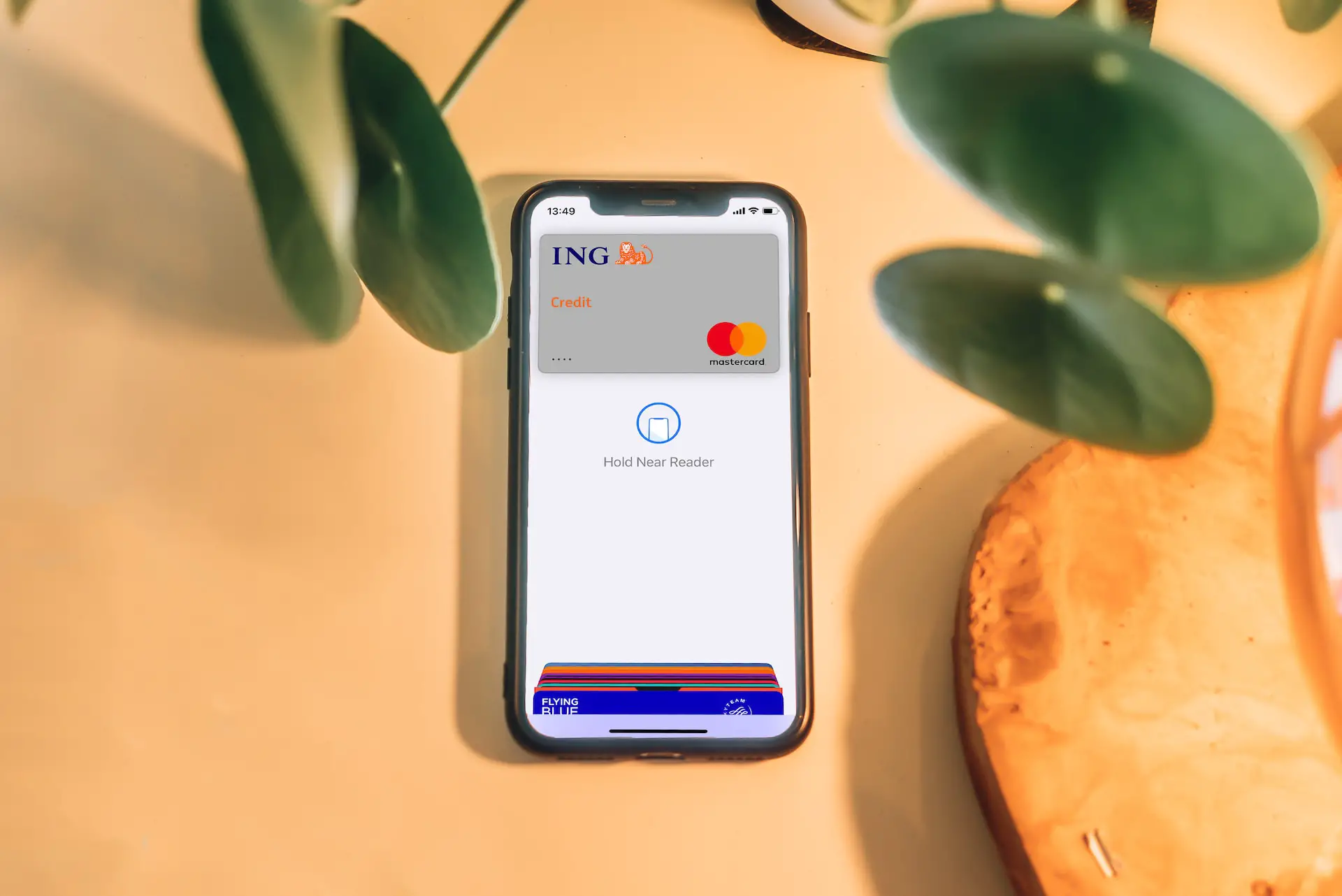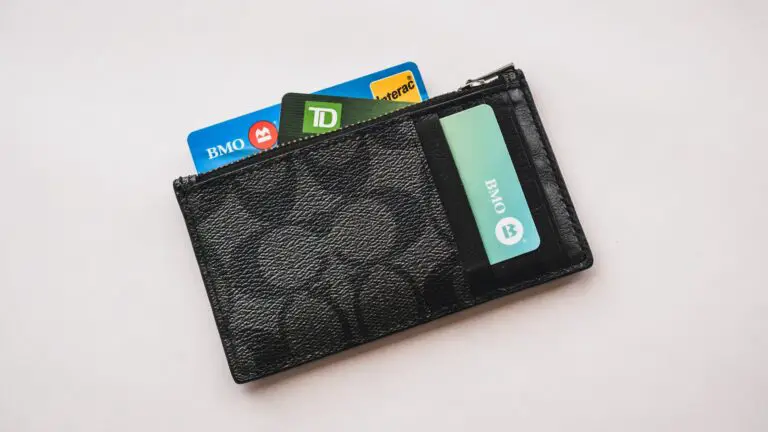Building Credit Score for Students in US
Campus Credit Crash Course: Building Credit Score From Dorm to Diploma
College: a time for self-discovery, late-night ramen feasts, and… building credit? Yep, even amidst textbooks and exams, establishing healthy credit habits early can save you major headaches (and interest) down the road. But for many students, navigating the credit world feels like deciphering ancient hieroglyphics. Fear not, young scholars! This crash course will equip you with the knowledge and strategies to graduate with a credit score as shiny as your new degree.
Table of Contents

Step 1: Ditch the Debt Myths
- Myth: You need a credit card to build credit.
- Reality: Student loans, utility bills, and even phone contracts can all contribute to your credit history. Pay them on time, and you’re already on the right track!
- Myth: Building credit takes years.
- Reality: Consistent, responsible credit usage can raise your score in months, not years. Start small, manage wisely, and watch your score soar.
Step 2: Choose Your Tools Wisely
- Secured credit card: This starter card requires a deposit. Use it responsibly, and the deposit becomes your credit line, boosting your score.
- Become an authorized user: Piggyback on a parent’s good credit history by being added to their card as an authorized user. Just remember, their mistakes impact your score too!
- Student loan builder: These small, fixed-rate loans specifically designed for students help establish credit while building positive payment history.
Step 3: Master the Art of On-Time Payments
- Automatic payments: Set it and forget it! Schedule automatic payments to eliminate late fees and ensure consistent on-time reporting.
- Budget like a boss: Track your spending to avoid overspending and missing payments. Remember, credit responsibly, not recklessly!
- Alert, not alarm: Set up payment reminders or track bills through credit card apps to avoid accidental late payments.
Step 4: Diversify Your Credit Mix
Don’t just rely on student loans or one credit card. Consider a small unsecured loan, a retail credit line (furniture store, anyone?), or even a cell phone contract, but always borrow responsibly and within your means.
Bonus Tip: Credit karma isn’t the only magic potion. Monitor your credit report from all three major bureaus (Experian, Equifax, and TransUnion) regularly to check for errors and track your progress
Best Credit Cards for Students with No Credit
Navigating the credit card world as a student with no credit can feel daunting, but it’s definitely achievable! Here are some top contenders to consider:
Cash Back Champions:
- Discover it® Student Cash Back: Earn 5% cash back on rotating categories (up to $1,500 in purchases each quarter) and 1% back on all other purchases. No annual fee, perfect for building credit and earning rewards.
- Capital One Journey Student Mastercard: 1.5% cashback on all purchases. Easy to qualify for, builds credit history quickly, and comes with Mastercard benefits like purchase protection.
No-Fee Gems:
- Petal® 2 “Cash Back, No Fees” Visa® Credit Card: Up to 2% cash back on your top spending category and 1% on all purchases. No annual fee and reports to all three credit bureaus, ideal for responsible first-time cardholders.
- U.S. Bank Cash+® Secured Visa® Card: Requires a refundable security deposit that becomes your credit line. Earns 5% cash back on gas and mobile phone bills, 2% back at grocery stores and restaurants, and 1% back on all other purchases. Great for building credit while earning rewards.

Bonus Builder Option:
- Credit One Bank Platinum Rewards Visa® for Students: 2% cash back on gas and groceries, 1% back on all other purchases. No annual fee, but requires a $200 minimum security deposit. Good for establishing a credit history, but higher security deposit might be a hurdle for some.
Remember:
- Compare interest rates and annual fees. Don’t get lured by high rewards if the fees outweigh the benefits.
- Read the fine print. Understand spending limits, late fees, and foreign transaction charges.
- Use your card responsibly. Pay your bills on time and in full to avoid interest charges and build good credit.
Bonus Tip: Consider becoming an authorized user on a parent’s credit card with good credit history. Piggybacking on their positive track record can significantly boost your score.
Building credit as a student takes time and discipline, but with the right card and responsible habits, you can graduate with a healthy credit score ready to launch you into the financial world.
Do you have any specific questions about your situation or the cards mentioned? I’m happy to help you narrow down the options and find the perfect fit for your needs!
Other Recommendations:
While checking your credit score is essential, it’s crucial to choose trustworthy and reliable websites to do so. Here are some top options for students:
Free Credit Score and Report Access:
- AnnualCreditReport.com: This government-authorized website allows you to download a free credit report from all three major bureaus (Experian, Equifax, and TransUnion) once a year. It’s the best source for verified information and avoids potential scams.
- Credit Karma: Offers free credit score updates and basic credit report summaries. While not your official report, it provides a good indicator and tracks changes over time. Remember, Credit Karma uses a different credit scoring model (VantageScore) than lenders, so your score may differ slightly.
Additional Features and Monitoring:
- Credit Sesame: Similar to Credit Karma, but offers free credit monitoring and alerts in addition to your score. This can help you stay informed of any changes and potential errors.
- Nexo: Combines free credit score updates with financial education tools and budgeting tips, empowering students to understand their credit and make informed financial decisions.
- Mint: Primarily a budgeting tool, but it also offers free credit score updates and basic credit report summaries, giving you a holistic view of your finances.
Remember:
- Beware of hidden fees: Some websites lure you with “free” scores but then charge for additional services or reports. Read the fine print carefully before signing up.
- Protect your data: Choose websites with strong security measures and avoid providing sensitive information on unverified platforms.
- Monitor your score regularly: Don’t just check your score once and forget it. Consistent monitoring helps you identify and address any errors or negative changes.
Final Thoughts on Building Credit Score for Students
Remember, building credit is a marathon, not a sprint. Start small, stay consistent, and prioritize responsible spending. With these tips and a sprinkle of financial savvy, you’ll graduate with a credit score that’s ready to tackle the real world. Now go forth, young Padawans, and conquer the credit galaxy!
Unique selling points:
- Directly addresses student concerns and myths.
- Offers specific tool recommendations and usage tips.
- Emphasis on responsible spending and financial literacy.
- Engaging tone and playful metaphors.
I hope this article resonates with students and provides them with valuable information on building a healthy credit foundation. Feel free to adapt and personalize it to suit your specific platform and audience.








